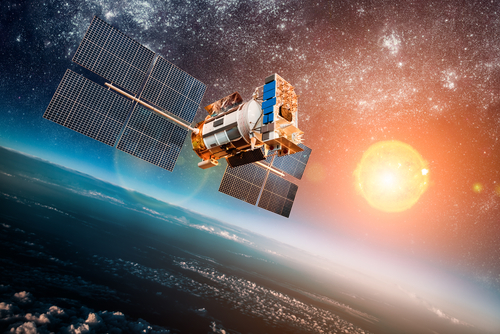
The Defense Advanced Research Projects Agency (DARPA) announced three university teams to participate in its Biomanufacturing: Survival, Utility and Reliability beyond Earth (B-SURE) program this week, setting each up to investigate the risks associated with biomanufacturing processes in space.
“There is a critical Department of Defense (DoD) need for the continued development and future expansion of orbital manufacturing to enable and ensure supply chain resiliency, sustained technological superiority, and asset security and repair for current and future operations,” Dr. Anne Cheever, B-SURE program manager, said.
The three teams will come from the University of Florida, the University of Texas at Austin, and Washington University in St. Louis. Together, they will answer some of the foundational questions and concerns about industrial manufacturing microorganisms can perform in space, but each will have a different focus. No actual industrial biomanufacturing will take place through B-SURE.
Those from Florida were labeled the Low Gravity Track team. This team will gather data and insights into how common industrially relevant biomanufacturing microorganisms perform in low gravity conditions, evaluating their performance after sending them to the International Space Station on NASA’s latest commercial resupply mission. This took place earlier this week. The team is led by Dr. Amor Menezes and includes help from Rhodium Scientific, NASA’s Ames Research Center, the University of Delaware, and the University of California Berkeley. All will push to measure the growth cost of engineering, the efficacy of microgravity simulators for production, and identify the best candidates for future study.
At the same time, the University of Texas team, under Dr. Hal Alper, will make up the Variable Radiation Track. This effort will be supported by teams from the University of Washington, University of Wisconsin-Madison, and Signature Science LLC, all pushing for insight into the effects of varying radiation levels and species on microbial molecule production, as well as how to negate any negative effects.
The final track is the Alternative Feedstock Track, led by Dr. Yinjie Tang at Washington University. This group, including teams from NASA’s Ames Research Center and North Carolina State University, will assess what alternative feedstocks could be consumed by host organisms, as well as the quantity and purity levels needed.
A fourth B-SURE team will likely be contracted early this summer, and the details of this team have not yet been released.




